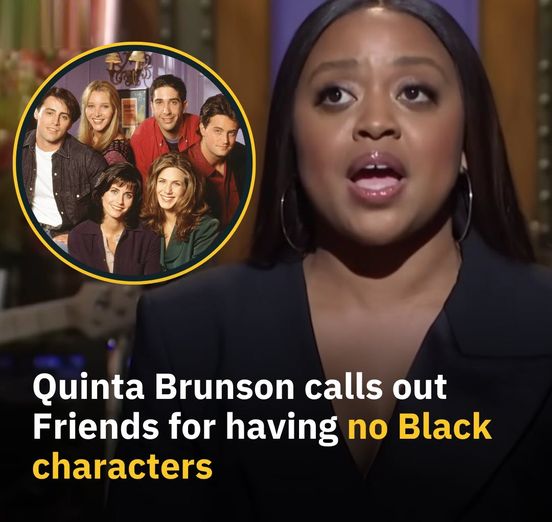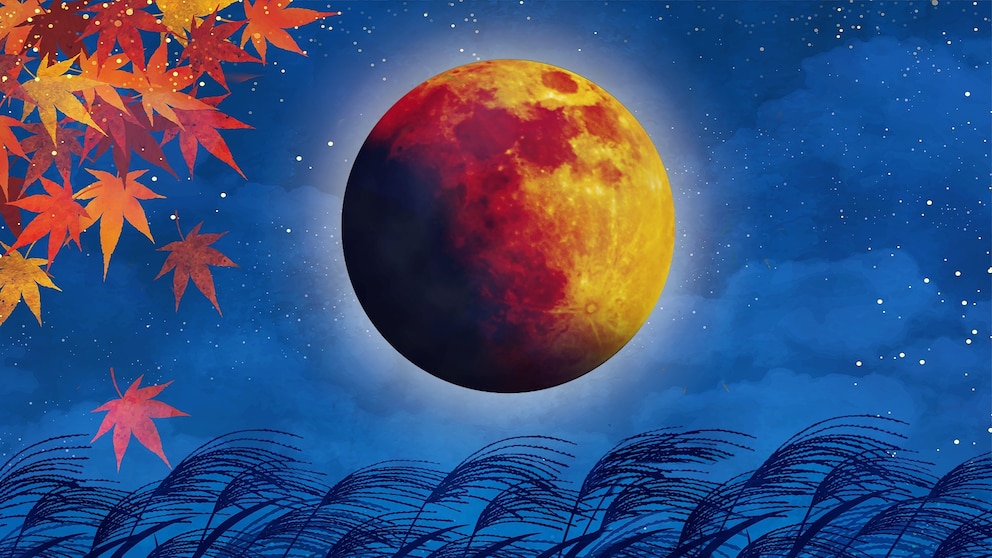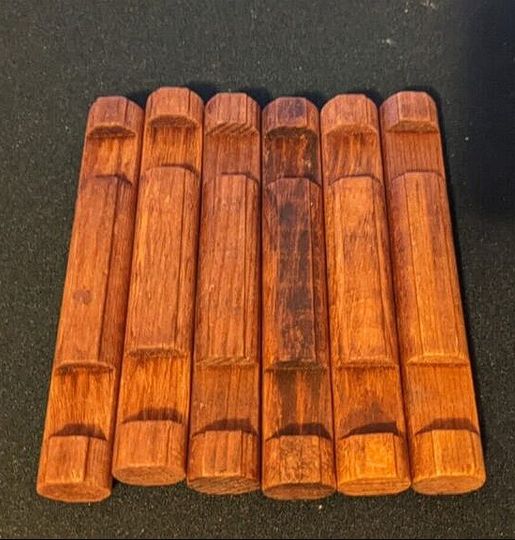The conversation around diversity has been intensifying lately, making everyone think about its importance in all areas of life. One recent topic of discussion? The iconic 90s sitcom Friends.
Quinta Brunson, known for her role in Abbott Elementary, recently pointed out Friends for its lack of diversity. While hosting Saturday Night Live, Brunson used her monologue to highlight the absence of Black characters in the beloved show.
Brunson contrasted the diversity on Abbott Elementary, which features the lives of teachers in a predominantly Black, state-funded elementary school in Philadelphia, with the noticeable lack of diversity on Friends. The difference was strikingly evident.
With her well-known wit, she joked: “I wanted to be on SNL back in the day, but the audition process seemed long – so instead, I just created my own TV show, made sure it became really popular, won a bunch of Emmys, and then got asked to host. So much easier, so much easier.”
While the audience chuckled, the underlying point was clear. Brunson continued, “It’s a network sitcom like, say, Friends. Except, instead of being about a group of friends, it’s about a group of teachers. Instead of New York, it’s in Philadelphia, and instead of not having Black people, it does.”

Her playful commentary sparked serious reflection, even from Friends co-creator Marta Kauffman. Kauffman has publicly expressed embarrassment over the show’s lack of diversity and pledged $4 million to support African and African-American studies at a university.
“I’ve learned a lot in the last 20 years,” Kauffman admitted. “Admitting and accepting guilt is not easy. It’s painful looking at yourself in the mirror. I’m embarrassed that I didn’t know better 25 years ago.”
She added, “It took me a long time to begin to understand how I internalized systemic racism. I’ve been working really hard to become an ally, an anti-racist. And this seemed to me to be a way that I could participate in the conversation from a white woman’s perspective.”
The discussion around diversity is far from over, but it’s clear that the conversation has advanced—even for a cherished sitcom like Friends.





